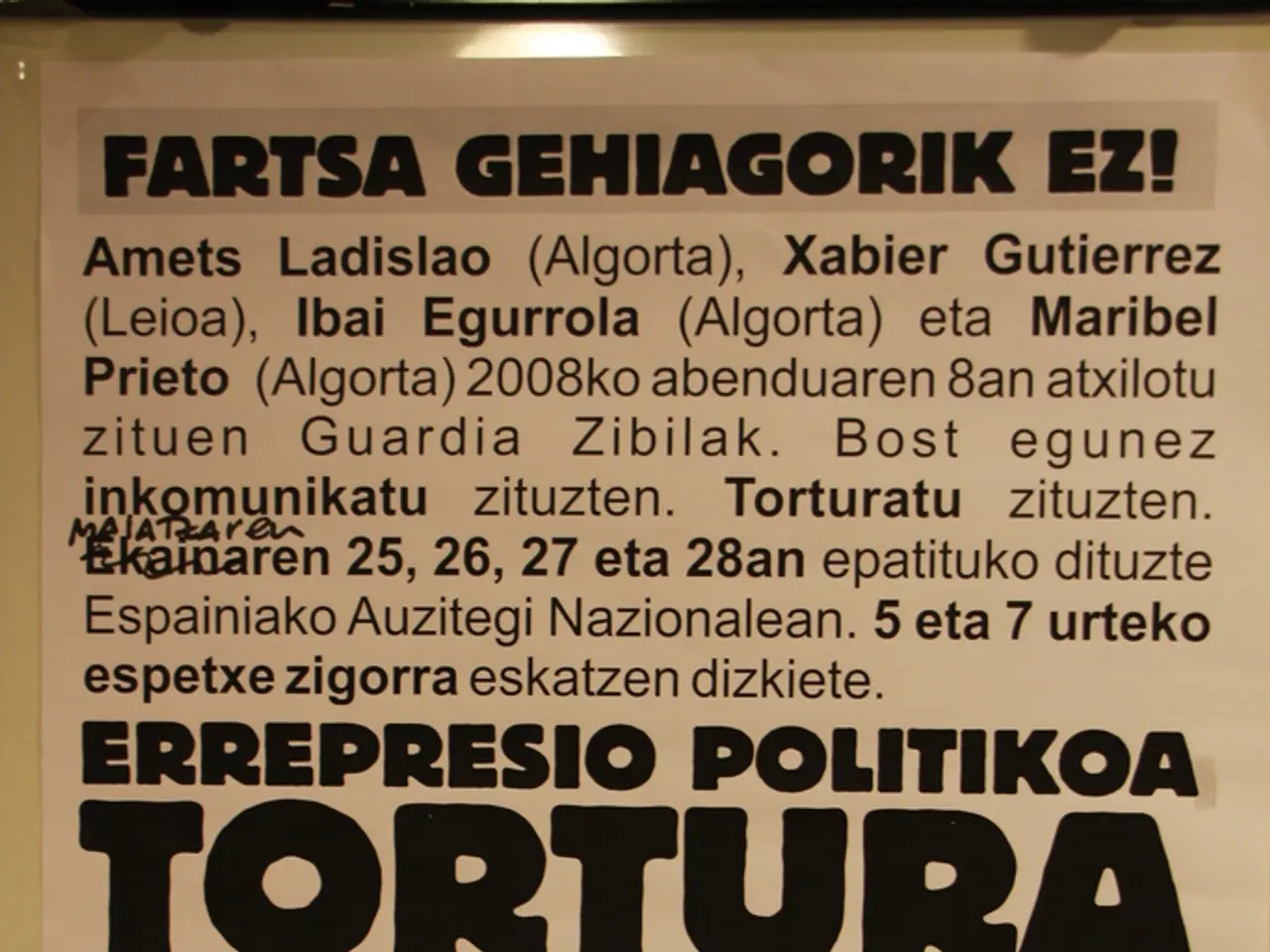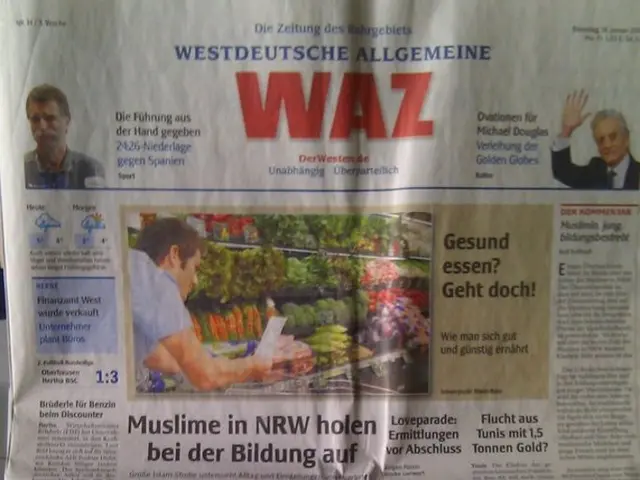Illegal activities and safety concerns in Latin America
Rising Transnational Organised Crime in Latin America and Beyond
Transnational organised crime has seen a significant increase in several countries, particularly in Latin America, West Africa, and some Asian states. This surge is due to a combination of factors including state weakness, corruption, the presence of criminal networks (such as drug cartels, human trafficking syndicates), and the increased globalisation of criminal markets.
Countries with Particularly High Increases
Latin America
- Mexico: The country has been embroiled in a violent conflict between various drug cartels (Sinaloa, Jalisco Nueva Generación, La Familia Michoacana, among others) for years. Violence has spread across the entire north and south of the country.
- Colombia: Despite the peace agreement with the FARC, new criminal organisations (Clan del Golfo, Gaitanistas) and transnational gangs have established themselves, engaging in drug trafficking, illegal mining activities, and human trafficking.
- Brazil: Rio de Janeiro is particularly affected by the so-called "Militias", but Amazonian regions also see organised crime, deforestation, and drug trafficking thrive.
- El Salvador: Drug trafficking, extortion (by Mara Salvatrucha, Barrio 18), and human trafficking have turned the country into a hotspot, especially as many gangs operate transnationally.
West Africa
- Nigeria: The country serves as a key hub for human trafficking, drug trafficking (primarily methamphetamine), financial fraud ("Nigerian Prince Scams"), and cybercrime.
- Ghana, Senegal, and Mali: Human smuggling towards Europe and the drug trade between South America and Europe are growing concerns in these countries.
Asia
- Myanmar: Following the 2021 military coup, the production and export of illegal drugs (primarily methamphetamine) have increased significantly. Criminal networks operate increasingly across borders.
- Philippines: The islands are a hub for drug trafficking, particularly of "Shabu" (Crystal Meth) and human trafficking.
- Laos, Cambodia, Myanmar: Regions in the Golden Triangle, where drug trafficking and human trafficking are particularly prevalent.
Mano Dura Strategies: Definition and Examples
The term "mano dura" (Spanish for "hard hand") refers to a zero-tolerance strategy towards crime, often with a strong focus on police and military, tougher laws, longer prison sentences, and sometimes extra-judicial measures.
Countries Adopting "Mano Dura"
- El Salvador under President Nayib Bukele: In response to massive acts of violence, Bukele declared a nationwide state of emergency in 2022. Tens of thousands of suspects were arrested, prisons were severely overcrowded. Human rights groups criticised numerous arbitrary arrests, torture, and mistreatment.
- Brazil: Particularly in Rio de Janeiro, repeated police and military operations in slums ("favela raids") have been carried out, resulting in many deaths and widespread criticism of human rights violations.
- Honduras and Guatemala: In both countries, security forces have been deployed more frequently recently, but the effectiveness of these measures is disputed. The crime rate remains high despite these efforts.
- Philippines under President Rodrigo Duterte: His controversial "War on Drugs" campaign has resulted in thousands of deaths, many of whom were allegedly killed by police or hired killers.
Criticism of "Mano Dura" Policies
"Mano dura" strategies are often seen as short-term solutions, but they seldom achieve long-term success. Instead, they often exacerbate violence spirals, lead to human rights violations, overburden justice systems, and create backlash in the population. Experts recommend a comprehensive approach that includes strengthening justice, education, social development, and international cooperation against organised crime.
Conclusion
Latin America remains the epicentre of transnational organised crime, but West Africa and Southeast Asia also see significant increases. El Salvador, Brazil, the Philippines, and other countries have responded to the surge in crime with "mano dura" strategies, but these are highly controversial and often fail to address the underlying problems.
- The lack of regional coordination, the decline in foreign assistance from the U.S., and the transnational nature of these threats could contribute to this scenario.
- "Mano dura" will continue to be a favored policy, but it is unlikely to reduce violence or homicide rates as significantly as it did in El Salvador.
- Eleven organisations are involved in the initiative, including the Organization of American States, Interpol, the World Bank, and the Development Bank of Latin America and the Caribbean.
- The most optimistic scenario is the least likely, as it requires a regional effort to enhance governance capabilities, coordinate security responses, eliminate ungoverned areas, and ensure judicial independence to effectively investigate corruption and prosecute criminals.
- Public support for security militarisation will persist only as long as the security situation improves.
- In December 2024, the Alliance for Security, Justice and Development was launched by 18 countries from Latin America and the Caribbean, led by the Inter-American Development Bank.
- The alliance aims to protect vulnerable populations, strengthen security and justice institutions, and reduce illicit markets and financial flows.
- A second possibility is that organised crime continues to spread, leading to increased violence and deteriorating security.
- Even if this occurs, universal reduction in violence would reflect better management of organised crime rather than its complete eradication.
- The most likely scenario is that organised crime and its role in corruption and violence will remain a fixture of Latin America's political, social, and economic landscape, with significant regional variations.
- The alliance focuses on three main pillars: protecting vulnerable populations, strengthening security and justice institutions, and reducing illicit markets and financial flows.
- Some Latin American leaders advocate for more pragmatic approaches to combat organised crime, such as intelligence-led policing, police and judicial reforms, community-based prevention programs, and social investment in marginalised neighbourhoods.
Read also:
- visionary women of WearCheck spearheading technological advancements and catalyzing transformations
- Recognition of Exceptional Patient Care: Top Staff Honored by Medical Center Board
- A continuous command instructing an entity to halts all actions, repeated numerous times.
- Oxidative Stress in Sperm Abnormalities: Impact of Reactive Oxygen Species (ROS) on Sperm Harm








